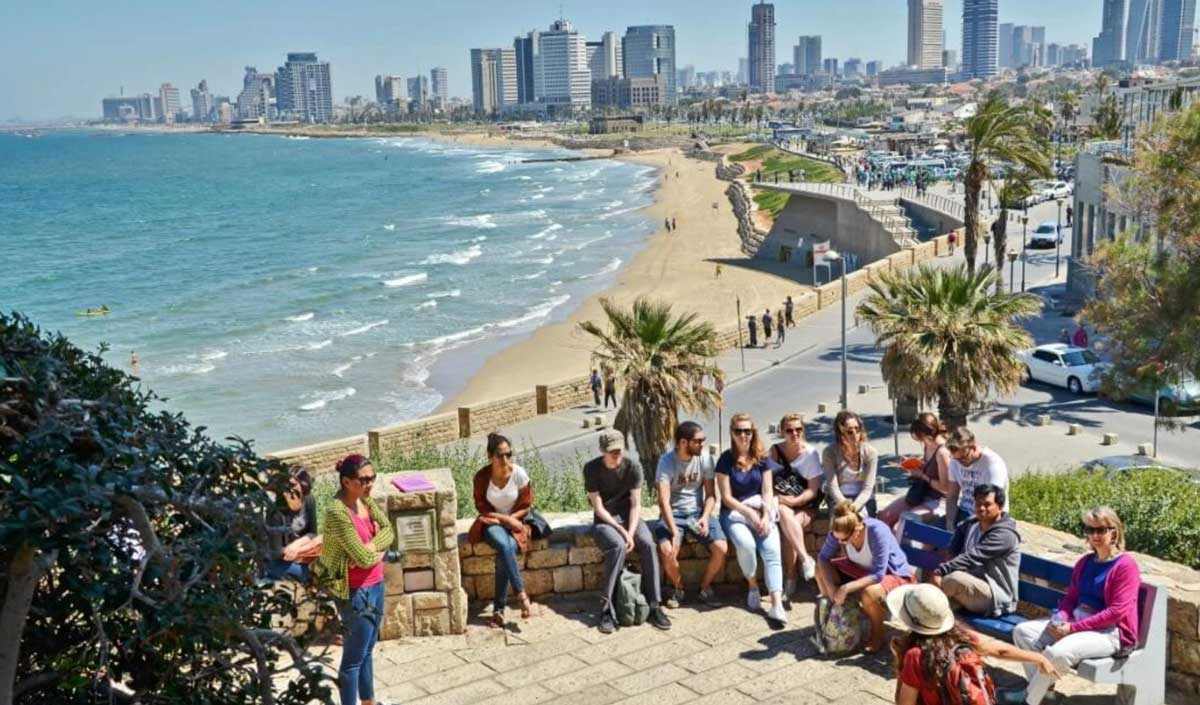As international tourism slowly picks up, the Israeli Ministry of Tourism has allocated 165 million shekels (about $50 million) in subsidies to encourage the construction or expansion of hotels in Israel.
According to an announcement made by the government, the ministry will review one hundred dossiers for the construction, restoration, or remodeling of hotel facilities.
The ministry did not specify how many additional rooms these new or refurbished hotels would provide, or how many additional tourists they would be able to accommodate.
Tourism Minister Yoel Razvozov spoke of “great optimism” in the tourism and hospitality industry as travelers return after two years of pandemic-related restrictions.
According to data released by the government in early 2020, Israel’s tourist activity peaked in 2019 with 4.9 million tourists, most of whom – 4.6 million – spent at least one night in the country. Tourism activity in 2019 would bring about $7 billion to the country’s economy.
On the other hand, in the whole of 2021, only 402,300 tourists visited Israel, while in 2020 – 887,100 tourists.
But tourism is gradually recovering. According to the latest data, nearly 785,000 foreign tourists came to Israel in the first five months of 2022, up 400,000 from 2021.
The Central Bureau of Statistics reported that 262,700 foreign tourists arrived in Israel in May 2022, up from 465,700 in May 2019. This number has increased from April 2022, when 216,400 foreign visitors arrived in Israel, many of whom arrived during the Passover holiday.
However, Israel’s goal is to receive 10 million tourists a year. This goal can only be achieved if there is a significant increase in the number of hotel rooms, especially in Tel Aviv and Jerusalem.
The David Kempinski Hotel in Tel Aviv has already opened this year, setting new standards for high-end accommodation and amenities. Two new Fattal hotels are about to open in Jerusalem, as well as an Accor project. By the end of 2023, 25 new hotels are expected to open across Israel.

